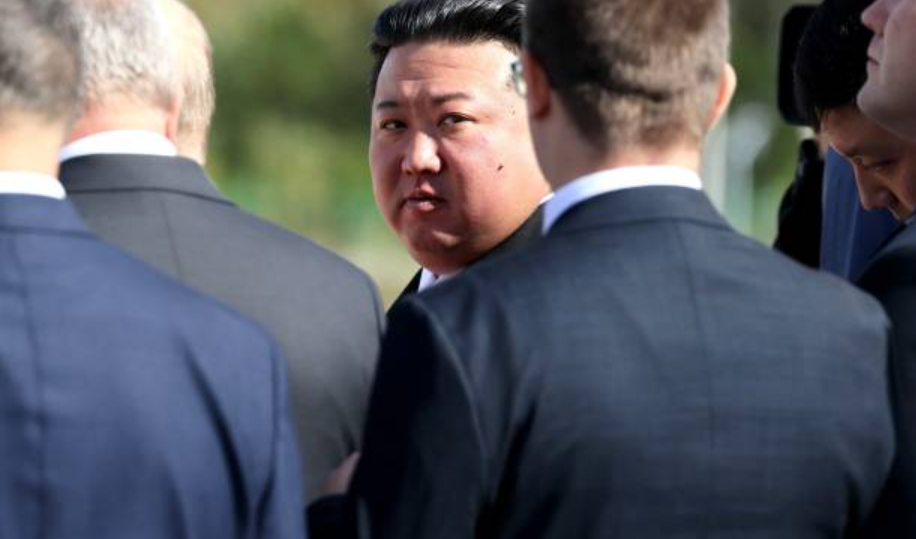North Korea wasted no time in denouncing the visit, pledging even more offensive responses to what they regard as military threats from the United States and its allies.
Tensions in East Asia have heightened once again following the recent visit of United States Secretary of Defense Lloyd Austin to Seoul, South Korea.
The North Korean government released a statement affirming their armed forces’ commitment to managing perceived threats to national security. They emphasized their intent to bolster counteraction capabilities and visibly display strategic deterrent military actions in response to perceived provocations. (https://www.openflightmaps.org/)
The Defense Ministry of South Korea clarified that Secretary Austin’s visit aimed to revise the Tailored Deterrence Strategy (TDS), a bilateral security agreement.
The previous edition did not sufficiently address North Korea’s fast progress in missile and nuclear programs, particularly the recent shutdown of a nuclear reactor, which was most likely used to extract weapons-grade plutonium.
In the lack of specifics on agreement modifications, the US and South Korea have already declared preparations to increase joint military exercises.
North Korea’s Aggression

Despite the absence of specifics on agreement modifications, the US and South Korea have already declared preparations to increase joint military exercises.
Additionally, efforts to enhance cooperation with Japan aim to collectively fortify defenses against potential North Korean aggression. Sale approvals for new missiles to South Korea further signify a commitment to bolstering security measures.
Despite these initiatives, concerns persist due to North Korean provocations over recent months. Kim Jong Un’s regime has openly threatened overwhelming responses to joint military exercises, amplified missile production, and intensified general war preparations.
Worries extend to fears that North Korea might draw inspiration from the recent Hamas attack on Israel, raising the specter of a sudden, aggressive move by the reclusive state.
Amid escalating tensions and growing provocations, the actions taken by the United States and its allies underscore the urgent need to prevent the outbreak of a significant conflict involving key U.S. allies in the region.
The situation remains delicate, emphasizing the critical nature of strategic diplomacy and proactive measures to safeguard regional stability.


Comments are closed.